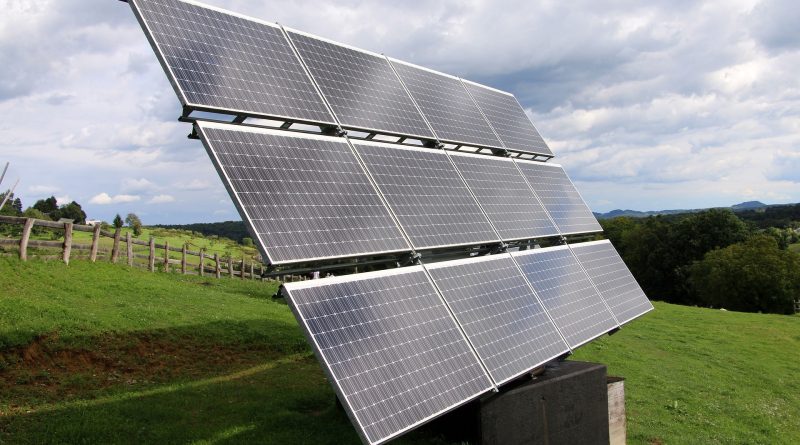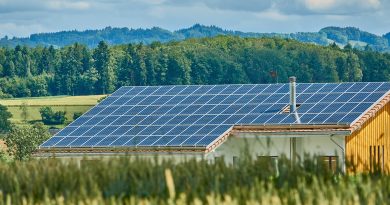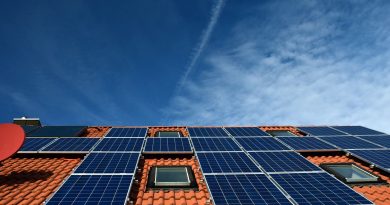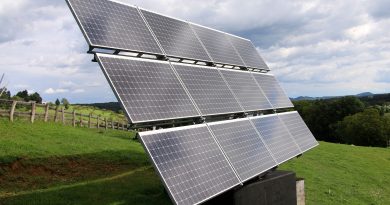On-Grid vs. Off-Grid Solar: Choosing the Best Option for You
Solar energy has gained significant popularity in recent years as a clean and renewable source of power. With the increasing demand for sustainable energy solutions, many individuals and businesses are considering solar power systems for their electricity needs. When it comes to solar power, there are two primary options to choose from: on-grid and off-grid solar systems. In this blog, we will explore the merits and drawbacks of each and help you decide which option is better suited for your specific needs.
On-Grid Solar Systems
On-grid solar systems, also known as grid-tied systems, are connected to the local utility grid. These systems generate electricity from the sun using solar panels and feed any excess power back into the grid. Here are some key advantages of on-grid solar systems:
1. Cost-Effectiveness
One significant advantage of on-grid solar systems is their cost-effectiveness. Since these systems are connected to the grid, there is no need for expensive battery storage. Instead, you can rely on the grid to provide power during periods when the solar panels are not generating electricity. This eliminates the need to invest in costly batteries, thereby reducing the overall system cost.
2. Net Metering
On-grid solar systems are also eligible for net metering, a billing arrangement that allows you to earn credits for the excess electricity your system generates. During times when your solar panels produce more power than your consumption, the excess electricity is fed back into the grid, and you receive credits for it. This credit can later be used when your panels are not generating enough electricity to meet your needs, such as during cloudy days or at night.
3. Reliability and Maintenance
Since on-grid solar systems rely on the grid as a backup power source, they offer a higher level of reliability. In case your solar panels do not generate enough power, or during periods of high energy demand, you can seamlessly draw electricity from the grid. Moreover, on-grid solar systems often come with monitoring capabilities, allowing you to easily track the performance and maintenance needs of your solar panels.
Off-Grid Solar Systems
Off-grid solar systems, as the name suggests, operate independently of the local utility grid. These systems use solar panels to generate electricity and rely on battery storage to store excess energy for use when the sun is not shining. Here are some advantages of off-grid solar systems:
1. Energy Independence
The primary advantage of off-grid solar systems is the ability to achieve energy independence. By disconnecting from the utility grid, you are not subject to power outages or blackouts that may occur due to grid failure. Additionally, these systems are ideal for remote locations where utility grid connectivity is not available or is prohibitively expensive.
2. Environmental Impact
Off-grid solar systems have a minimal environmental impact compared to on-grid systems. These systems do not contribute to the transmission and distribution losses associated with grid-connected power. By generating your own electricity from the sun, you reduce greenhouse gas emissions and reliance on fossil fuels. Off-grid solar systems are an excellent choice for environmentally conscious individuals.
3. Flexibility and Adaptability
Off-grid solar systems offer greater flexibility and adaptability compared to on-grid systems. As these systems operate independently, they can be installed in any location, regardless of grid connectivity. This makes off-grid solar systems suitable for camping, cabins, boats, and other remote or mobile applications. They offer a portable and versatile power solution.
Conclusion
Empower your energy choice with SolarClue® as you navigate the decision between on-grid and off-grid solar systems. Our experts guide you through the considerations of cost, scalability, and environmental impact. Whether you prioritize grid connectivity or seek independence, SolarClue® offers tailored solutions using top-quality components. Benefit from government incentives with on-grid systems, while off-grid systems provide resilience during outages. Make an informed choice that aligns with your location and preferences. Contact SolarClue® today, and let’s embark on a solar journey that suits your unique energy needs, bringing sustainability and reliability to your doorstep.
Frequently Asked Questions
On-grid systems are connected to the utility grid, while off-grid systems operate independently, without any grid connection.
On-grid systems are often more cost-effective initially, while off-grid systems may require additional components like batteries, making them slightly more expensive.
No, on-grid systems typically shut down during outages for safety reasons. Off-grid systems with battery storage provide power continuity.
Yes, on-grid systems often qualify for net metering, allowing users to sell excess power back to the grid and potentially benefit from government incentives.
While commonly used in remote areas, off-grid systems can be employed in urban locations, offering energy independence.
Consider factors such as location, grid reliability, upfront costs, and your preference for energy independence.
On-grid systems are easily scalable by adding more panels. Off-grid systems can be expanded by increasing battery storage and solar panel capacity.
Maintenance is generally similar, but off-grid systems require additional attention to battery health and replacement.
Yes, the components, such as solar panels and inverters, are often the same for both systems, with variations based on specific needs.
Both options contribute to environmental sustainability by reducing reliance on conventional power sources, but off-grid systems offer greater independence.




